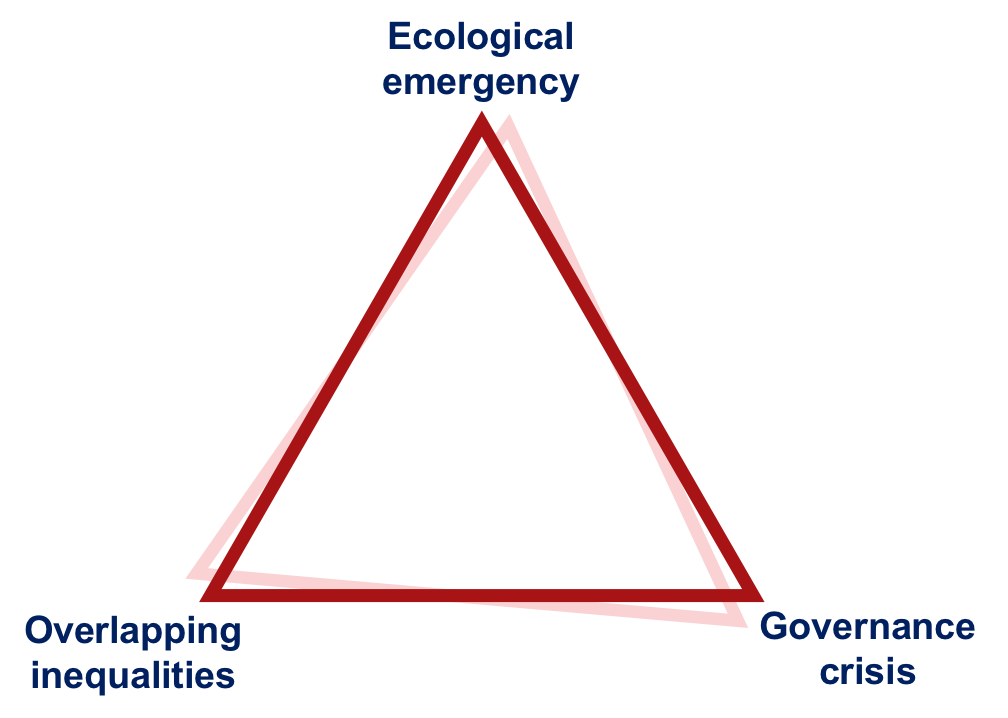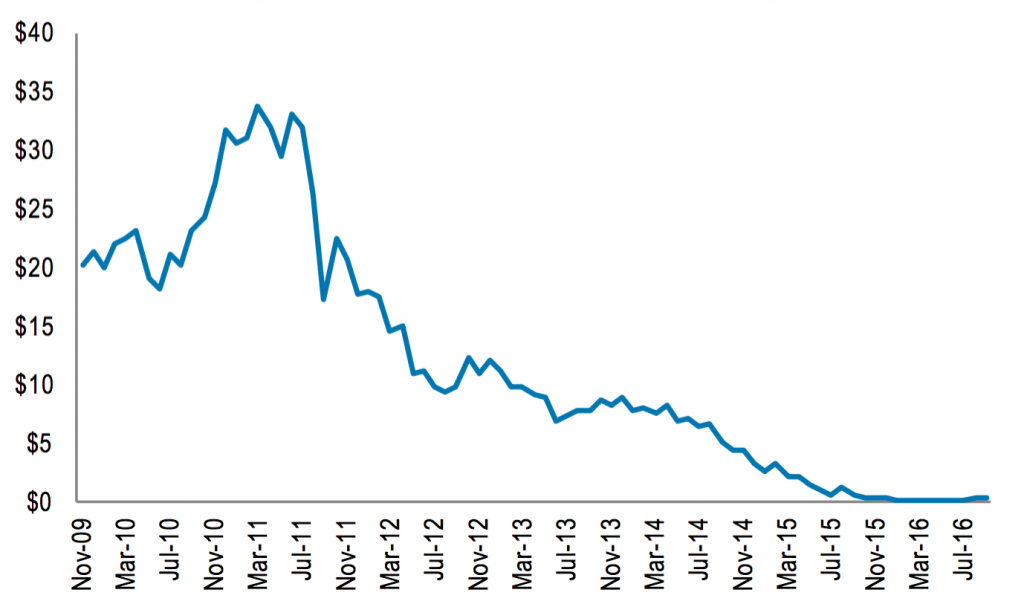
Andrew Curry writes: Over at Medium, we have an article on the ‘business challenges for the 2020s’, written by myself and Emma Bennett. It is intended to help businesses think through the challenges of low growth, low trust, and an accelerating climate emergency.
Obviously it’s worth reading the whole thing, but the argument, more concisely, runs like this.
Running out of road
The current business models are running out of road, perhaps literally. There’s only so long that a business can use financial engineering to squeeze the returns that their so-called “activist” investors think they deserve. Every crash of a business that has been overloaded with debt is testament to this. On top of that, employees–especially younger employees–are increasingly willing to hold their businesses to account on ethics, climate change, and fair pay.
Systems collapse in the same way that people go bankrupt: Gradually, and then suddenly, in Hemingway’s famous phrase. The collapse of the American coal industry is a canary in the coal mine (again, perhaps literally).
New ways
There are new ways of doing business out there, even for for-profit businesses. The B corps movement embeds purpose in the legal structure of companies, and boasts 2,500 members worldwide. The Global Alliance for Banking on Values, in the finance sector, promotes the use of finance to support economic, social and environmental sustainability. It has 55 members. The World Economic Forum is now advocating this. Even the US business Round Table has noticed that its members have stakeholders as well as shareholders.
Obviously all of this is more easily said than done. Businesses can be locked into particular delivery models, or ownership structures. They can be working with partners who want things done in particular ways. Their incentive systems may be hard to change. They may have investors who prioritise short-term returns.
Breaking the frame
To get there, businesses need to break the frame, and take a wider view. Conventional strategic thinking tends not to be expansive enough to do this. In contrast, futures and foresight starts from the wider environment–on the basis that no-one is immune to broader societal change.
Although futures is not in the prediction business, it does allow us to see patterns–and also the weak signals of change that are starting to shape these patterns. This means that it allows businesses to take a broader view of their strategy, innovation opportunities, and risk.
The teenage climate strikers and the Millennials who are calling out their employers’ ethics both show us signs of where the energy is coming from. There comes a point where the smart business decision is about how best to channel the energy around it so it can create opportunities by understanding where the wind is blowing.
Based on ‘Facing The Future: Business Challenges for the 2020s’, by Andrew Curry and Emma Bennett, and published on Medium. To find out more about SOIF’s newly launched business sector offer, please contact Andrew Curry.

